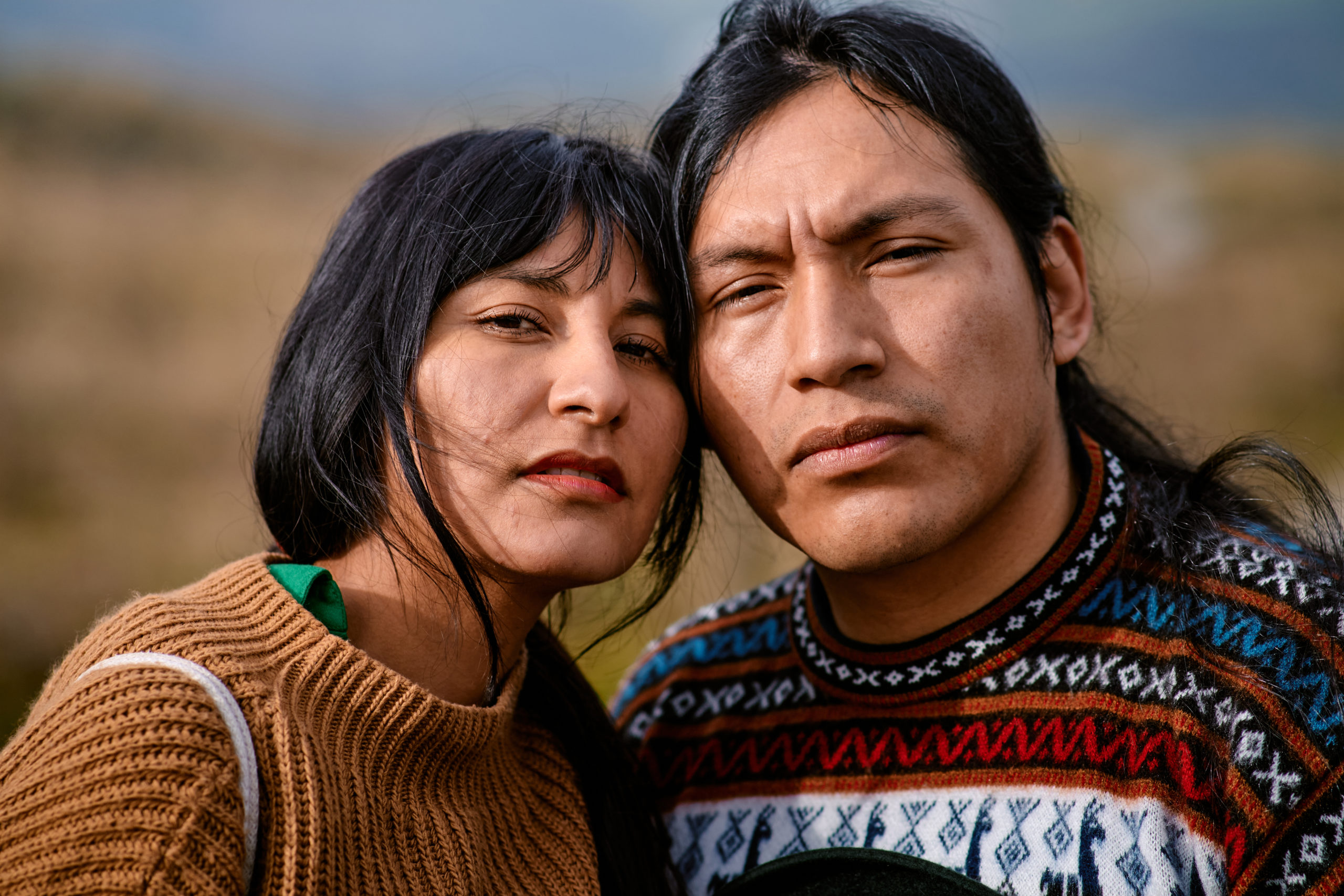Types of Workplace Discrimination Faced by the Native American Community
There is a lot of talk about discrimination in the workplace, but what about discrimination against Native Americans? Despite being the original inhabitants of this country, Native Americans face discrimination in the workplace on a daily basis. Keep reading to learn more about the types of workplace discrimination faced by the Native American community, and if you have experienced workplace discrimination, know that you’re not alone. The lawyers from the Finkel Firm are ready to fight for your rights.
Hiring Bias

Native Americans face a significant hiring bias in the United States, a new study has found. The study, conducted by researchers at the University of California, Riverside, found that employers are far more likely to call back job applicants with white-sounding names than those with Aboriginal-sounding names. The study, which is to be published in the Harvard Business Review, sent out nearly 5,000 fictitious resumes to employers in the United States.
All of the resumes were identical, except for the name used. Researchers found that employers were 50 percent more likely to call back a white-sounding name than an Aboriginal-sounding name. They were also more likely to offer a job to a white-sounding name than an Aboriginal-sounding name. The study also found that employers were more likely to offer a job to someone with a “white-sounding” name who had less experience and fewer qualifications than someone with a “Native American-sounding” name. The study’s findings should not be seen as a reflection on the character or qualifications of Native Americans, but rather as a reflection of the widespread discrimination they face in the job market. To learn more about your ancestry and family history of racial discrimination, take a DNA Indian test.
Unfair Treatment
Aboriginal people face unfair treatment in the workplace. This may be due to the fact that they are not given the same opportunities as other employees, or that they are not compensated equally for their work. Additionally, Aboriginal people may be passed over for promotions or leadership positions or may be treated unfairly in other ways. This treatment can be very damaging to Aboriginal employees, as it can lead to a sense of discrimination and exclusion. It can also make it difficult for Aboriginal people to provide for their families and to achieve their professional goals.
Wrongful Termination

Many Aboriginal people face wrongful termination from their jobs, which can lead to much distress from workplace discrimination. This is often due to their race or cultural heritage, which can lead to discrimination and a lack of opportunity. There are various ways that an Aboriginal person can be terminated from their job, including being fired, made redundant, or forced to resign. In some cases, they may also be subjected to disciplinary action or denied opportunities for training or promotion. This can have a devastating impact on an individual’s life, as they may lose their income, their job security, and their sense of identity. It can also have a negative impact on their family and community. Aboriginal people are more likely to be unemployed than non-Aboriginal people, and they often earn less when they are employed. This is in part due to the discrimination that they face in the workforce.
Native Americans face various types of workplace discrimination, which can have a profound and negative impact on their lives and communities. Workplace discrimination can take many forms, including, but not limited to, biased hiring processes, unfair treatment in the workplace, and wrongful termination. It can be difficult for Native Americans to overcome these obstacles and achieve success in the workplace. It is important that the United States works toward providing equal opportunities to the Native American community and addresses workplace discrimination faced by Native Americans.



